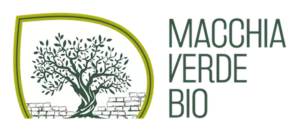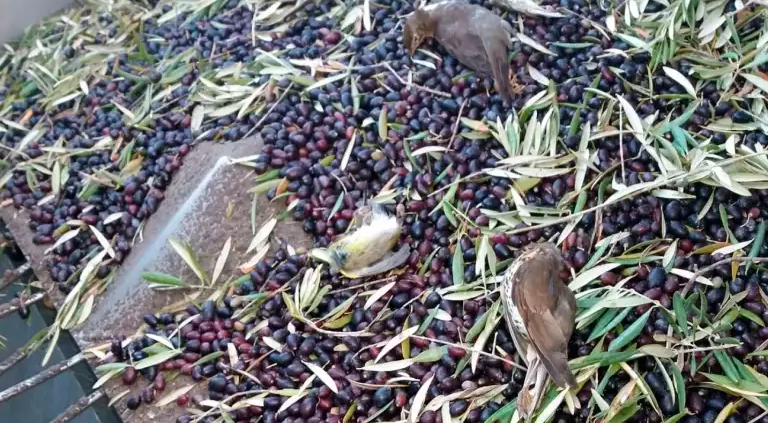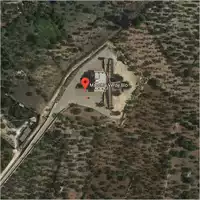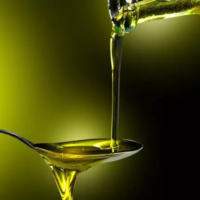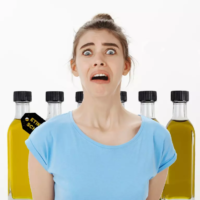Bird massacre in the olive grove
… and is olive oil vegan at all?
The emergence of a media myth.
On 01.06.2019, the magazin “Stern Online” headlined grandiloquently: “Millions of birds murdered – the dark secret of olive oil” and there it was, a myth was born! To add the necessary spice, the paper added another claim: “The massacre could easily be prevented, but the farmers earn too much from bird murder” and the culprits were unmasked and stigmatised! Now every vegan had a new NoGo (olive oil) and a new enemy image: the greedy and unscrupulous olive farmer.
Yet the facts were as thin as the ice during a late frost in May. It all began in 2017 with an alert from the Spanish ecological movement “Ecologistas en Acción” to draw the attention of the authorities to a new phenomenon: In order to put the overripe olives at less risk and to be able to harvest larger areas in less time, producers started harvesting at night – with huge machines. Like the cleaning brushes in a car wash, the harvesters embrace the row upon row of olive trees in these crops from two sides, shaking them and sucking the fruit from the branches. Songbirds, which overwinter in Spain in large numbers at harvest time from November to March and roost in the trees, had little chance of survival during this process. The strong headlights during the night harvest also blind the birds, so that they usually do not even try to escape the approaching inferno by flying.
So much for what the animal rights activists suspected. As a result, an expert opinion was drawn up, which, however, was not published as an official document of the regional government, as the authority emphasises. The unofficial result, however, is clear. The report, which was published online by Ecologistas en Acción, states that the night-time harvesting of olives in super-intensive plantations is a problem with far-reaching consequences: “The effects on the environment go beyond the geographical borders of Andalusia and Spain and also affect environmental values in various other countries of the European Union. It points out, for example, that the practice of harvesting at night with large machines and spotlights is probably illegal because it is a violation of the European Birds Directive, which all member states are bound by.
Letter to the editor turned into a “study”
The environmental experts counted up to 100 dead birds per hectare in some plantations and extrapolated that in the whole of Andalusia “even at a conservative estimate, 2.6 million birds are affected in any given year”.
While the analysis initially received only local attention, this was changed by a letter sent by Portuguese biologist Vanessa Mata and her colleague Luis P. da Silva to the renowned journal Nature, which the magazine published. In it, the researchers refer to the Spanish analysis and to a similar study in Portugal, which revealed a figure of around 100,000 birds killed.
Although the two concerned scientists only quoted the Spanish results and did not present their own findings, the short letter brought a breakthrough in public attention to the problem. A variety of articles appeared in Europe referring to the letter to the editor in Nature, although it was often mislabelled as a study.
“Millions of Birds Killed – The Dark Secret of Olive Oil” was the headline of “Stern”, “Millions of Birds Sucked to Death” of the British “Independent”.
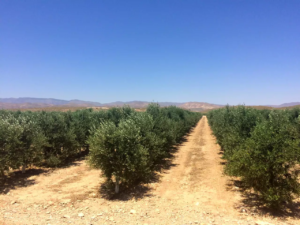
Example of an intensive plantation run by large corporations.
Italy and France seem hardly affected
More precise information about the actual extent of the threat to migratory birds could already be available before the next olive season. Because at the same time as the provisional ban on night harvesting, the Andalusian regional government commissioned an official scientific study in autumn, in which the Spanish bird protection organisation SEO/Birdlife is involved. The field work has just been completed. An assessment should be available in the near future.
In Italy, the world’s second largest olive oil producer after Spain, night harvesting with suction machines apparently does not yet play a role. In France, too, there are no problems with the new method so far, according to the bird protection organisation LPO. Olive harvesting is still largely done in a more traditional way. However, French agriculture is also under considerable pressure to intensify, so the all-clear is only temporary.
Olive oil remains vegan so far…
In the final analysis, this problem is easy to explain and attribute. First the why: big corporations in the olive oil business have a priority to produce as much olive oil as possible and at the cheapest price! The quality of the olive oil is certainly not the first priority, only the yield. Now the how: the olives have to be harvested as ripe as possible (December) so that they give the highest possible oil yield, the oil is then inferior but “mild”, just as the German customer likes it. In order to keep the damage caused by oxidation within limits, harvesting has to be fast, hence the huge machines that no normal farmer can afford, and preferably at cool temperatures so that the acidity values of the olive oil do not exceed the permitted values for extra virgin olive oil. Then even this inferior oil is still considered extra virgin and can be sold for € 4,- a bottle over the supermarket counter.
The oil is adulterated in the large Spanish plants (where it is permitted) and then transported by ship to bottlers throughout the EU. Of course, there are enough farmers in Spain who produce excellent olive oil, as evidenced by the numerous annual awards. So the main problem is identified, it is not the greedy farmers, but a system that works price-driven, because the normal farmer, who brings in his harvest in laborious manual work, will never be able to produce at such prices. Ultimately, it is up to the customer, including the vegan. It is not about demonising a product in toto, but about making the right choice and staying away from the mass-produced goods in the supermarkets.
Read also: Acidity in olive oil
